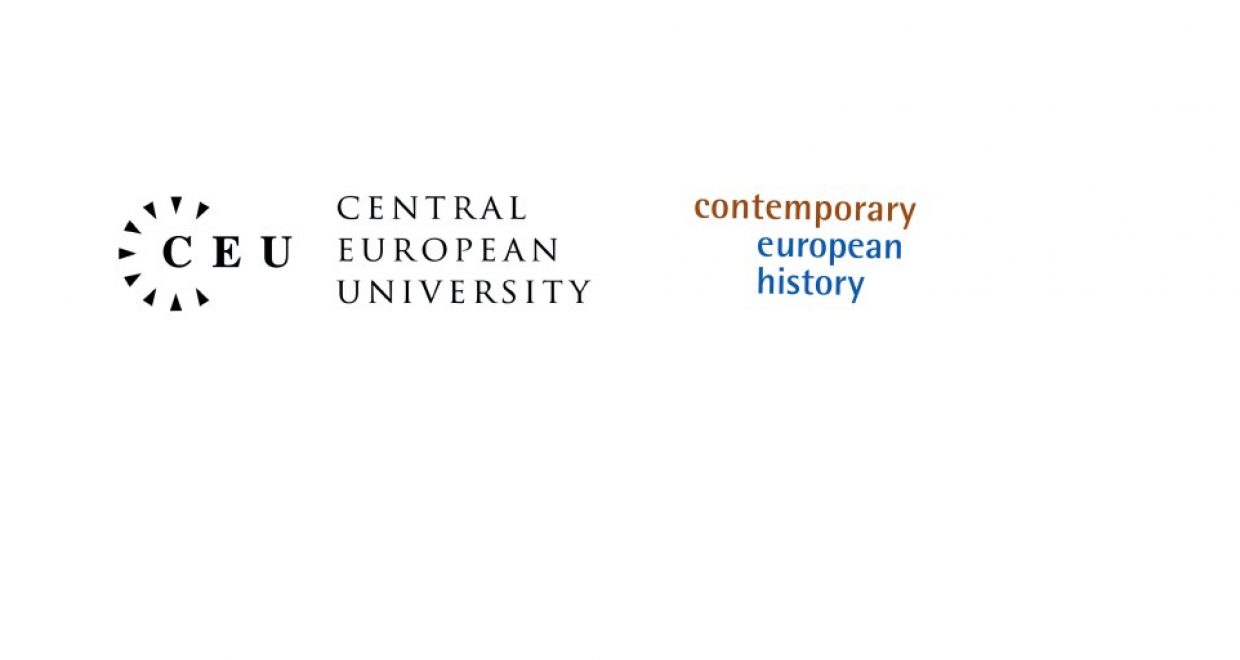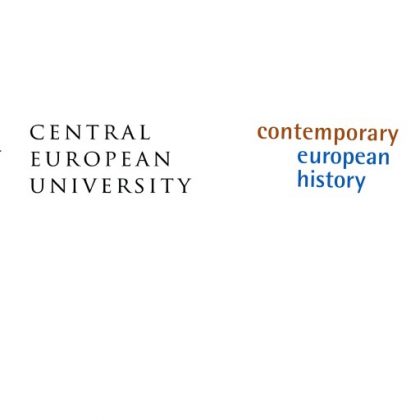Central European History and the Opening up of Europe
Introducing a new virtual special issue from Contemporary European History.
Since its creation in 1992 the journal Contemporary European History has actively sought to bridge Cold War divides and to bring the histories of Eastern, Western, Northern and Southern Europe into the same frame of analysis. In the journal’s twenty-five year history there has probably been no single institution that has played as significant a role in training new generations of historians as the Central European University in Budapest (CEU). Founded just a few months before the journal, CEU and Contemporary European History are both products of the same sweeping changes set in motion with the fall of the Berlin wall. CEU was founded with the explicit task to shed light on on-going processes of ‘democratisation’, and to train a new cohort of regional thinkers and leaders that could understand and direct them. Contemporary European History was created to provide a forum for the development of a new kind of history of Europe and its constituent parts, freed (at least in aspiration) from the shackles of Cold War divides.
The current editors of Contemporary European History were lucky enough to be trained, nurtured and challenged in the particular climate of this post-1989, holistic approach to Europe. Many of us benefited greatly not just from reading the work produced by CEU faculty but also from the academic exchanges sponsored by the CEU on both sides of the Atlantic. Many of us, and the historians around us, profited from the linguistic and methodological training necessary for an East and West approach to European history, precisely thanks to the examples set by the CEU community. The histories written by all of us are, in part, a result of the stimulating ambitions CEU set, promoted and continues to promote.
Given our shared history, the journal watched with great concern when in March this year the Hungarian Parliament passed a new bill that directly threatened CEU’s future existence. The purpose of this virtual special issue is to highlight the close bonds shared between Contemporary European History and CEU, and to demonstrate how much of the groundbreaking scholarship among the pages of our journal were produced by Contemporary European History faculty, students and associates. In this issue you will find a small sample of this scholarship, including research articles, special issues, review essays and conference reports. It is a testament of how the CEU community has helped make Contemporary European History the journal it is today.
Read the virtual special issue for free during 2018
Read the full introduction to the virtual special issue
Dr Ludivine Broch, University of Westminster, Dr Matthew Frank, University of Leeds, and Dr Jessica Reinisch Birkbeck, University of London are the editors of Contemporary European History.







very good!
I am so interested in this area of study. I will try to get more involved by the net and reading journals.
Thank you, Paul! Cambridge University Press greatly appreciated your interest in its content. Best of wishes.